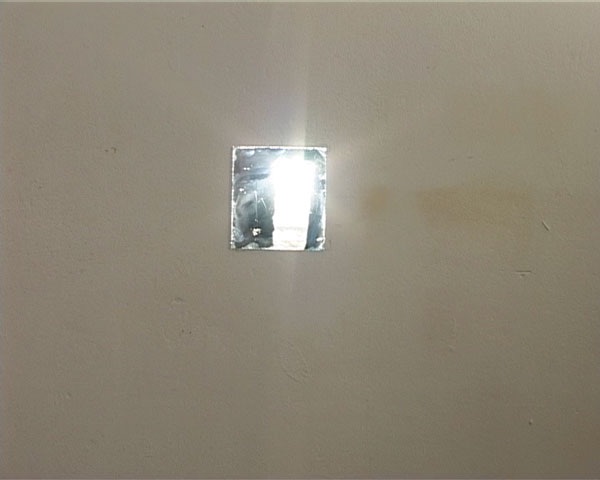Le Ravissement de Natacha - The Abduction of Natacha
-
Réalisé par Marcel Hanoun • Écrit par Marcel Hanoun
-
France • 2007 • 22 minutes • Couleur
- Réalisation :
Marcel Hanoun - Écriture :
Marcel Hanoun
- Production (structure) :
Atlante Productions - Ayant droit :
Atlante Productions
- N° ISAN :
non renseigné
Résumé
"Frappé par l’aventure de Natacha Kampusch, petite fille séquestrée durant huit années, le film tente d’imaginer, de rendre la pensée et les affects de son ravisseur avant son suicide. Une femme dit, lit, interprète un texte qu’il aurait pu écrire. Elle est parfois interrompue par la voix-off du réalisateur. Les familiers du cinéma de Marcel Hanoun reconnaîtront ici le sens de l’économie qui caractérise son entreprise au long cours. Réduit, cette fois plus encore, à l’essentiel, par évidente fidélité à l’expérience carcérale de son motif, ce film ne se contente pas pourtant d’explorer la matière du drame qui a nourri récemment la chronique. Plutôt que de multiplier les conjectures, nécessairement scabreuses, et de s’égarer en terrain psychologique, il s’agit au contraire de s’évader. Dans quelle direction? Celle d’un feuilleté de significations, du côté, en un mot, de l’allégorie. C’est alors l’image elle-même, sa construction, qui se trouve interrogée ici en premier lieu. Le jeu de l’actrice, le rôle du réalisateur, les bords du cadre, la violence de la lumière, le travail des reprises, la place du miroir, etc.: voilà le moteur du Ravissement, le cœur de son affaire. Et c’est à partir d’une telle fabrication de l’image, exposée dans sa nudité, que l’on peut entendre le film parler d’autres rapports: d’amour, de couple, plus largement de lien social."
(Jean-Pierre Rehm - FIDMarseille)
"Following the striking adventure of Natacha Kampusch, the little girl who was held prisoner for eight years, the film tries to imagine and render the thoughts and affects of the abductor before his suicide. A woman speaks, reads, interprets a text that he might have written. She is sometimes interrupted by the voice off of the director. Those familiar with Marcel Hanoun’s films will recognise here the sense of economy that has characterised his work for a long time. Reduced, this time more than ever, to the essential, by obvious fidelity to the incarceration experience of his motif, this film does not only explore the stuff of drama that recently fuelled the story. Rather than multiplying the necessarily scabrous conjecture and getting lost in psychology, it is about escaping. In which direction?
That of a number of meanings on the side of allegory. It is thus that the image itself and its construction that is primarily in question here. The acting of the actress, the role of the director, the edges of the frame, the violence of the lighting, the work of retaking shots, the place of the mirror, etc. These things are the motivation behind this film, the heart of what its about. And it is from such a fabrication of the image, exposed in its nakedness, that we can understand how the film addresses other relationships including love, the couple and, more widely, of social relations."
(Jean-Pierre Rehm - FIDMarseille)
Mot(s)-clé(s) thématique(s)
À propos du film
Comment avoir accès au film ?
-
Édition DVD
- Il n'existe pas d'édition DVD à notre connaissance
-
Accès VOD
- Il n'existe pas d'accès en VOD à notre connaissance
- Distribution
- Aide sur les moyens d'accéder à un film
